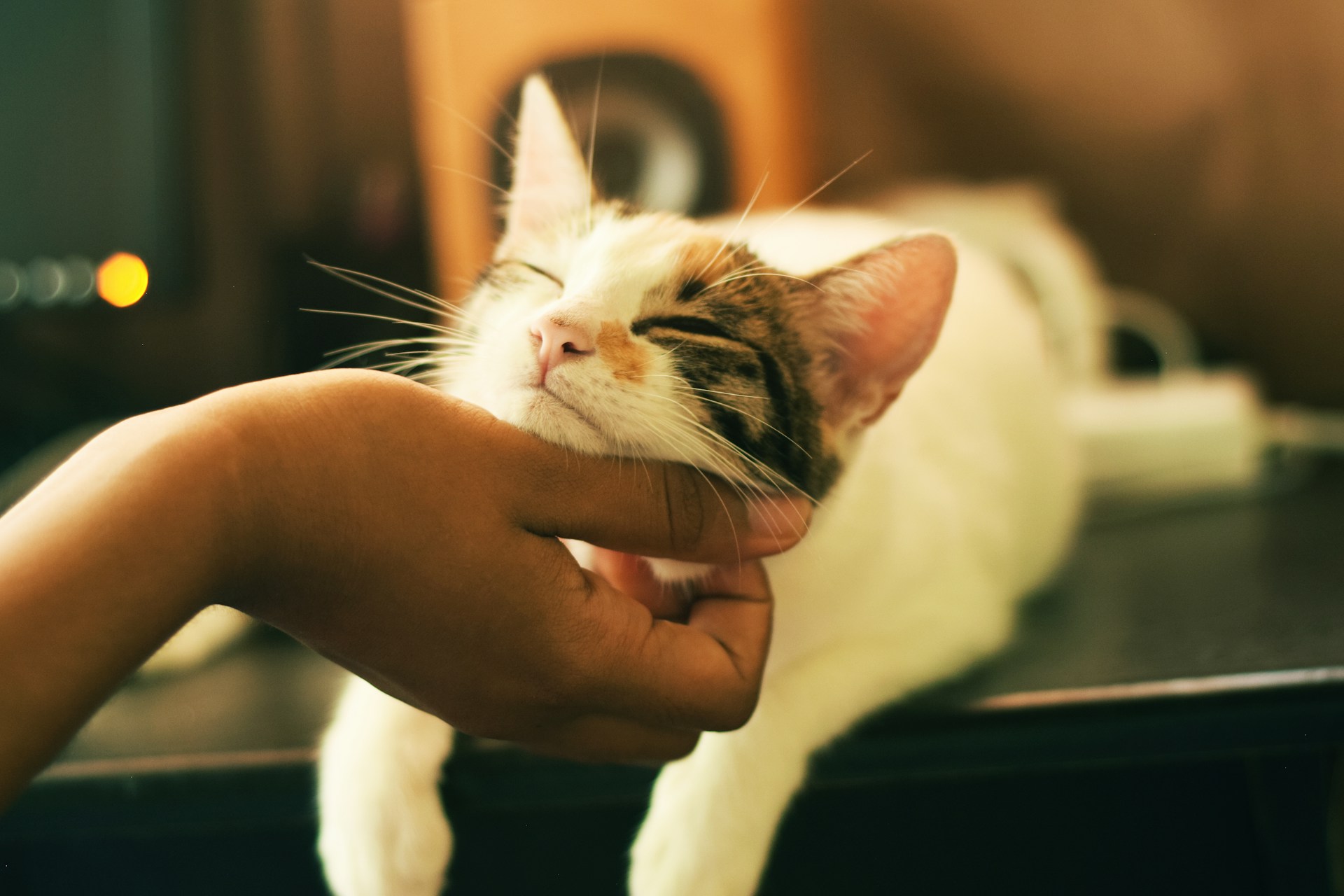Introduction
Signs and Symptoms
Recognizing the signs that your cat is struggling with feces stuck in its anus is crucial for prompt action. Look out for the following indicators:
- Visible Discomfort: Observe if your cat seems uncomfortable or in pain.
- Straining in the Litter Box: Difficulty in passing stool and prolonged time in the litter box.
- Lethargy and Changes in Behavior: A sudden change in your cat’s behavior, such as decreased activity or increased lethargy.
- Visible Feces or Blood: Notice any signs of blood or visible feces around the anal area.
Potential Causes
Understanding the potential causes of a cat having poop stuck in its anus is key to addressing the issue effectively. Common factors include:
- Constipation: Cats, especially those on dry diets, can experience constipation, leading to difficulty in passing stool.
- Dehydration: Inadequate water intake can contribute to the hardening of feces.
- Obesity: Overweight cats may struggle with proper grooming, leading to hygiene issues.
- Fur Matting: Long-haired breeds might encounter fur matting around the anus, trapping feces.
- Anal Gland Issues: Problems with anal glands can lead to discomfort during bowel movements.

Immediate Steps to Take
If you observe that your cat has poop stuck in its anus, here are some immediate steps you can take:
- Gentle Inspection: Approach your cat calmly and examine the area around the anus. Be cautious and gentle to avoid causing distress.
- Warm Compress: A warm compress can help soften the feces and make it easier to remove. Use a damp, warm cloth and apply it to the affected area.
- Consultation with a Vet: If you’re unable to resolve the issue or notice signs of distress, seek professional veterinary assistance promptly.
Home Remedies and Preventive Measures
To address and prevent future incidents, consider the following home remedies and preventive measures:
- Dietary Adjustments: Ensure your cat’s diet includes sufficient fiber to promote regular bowel movements. Consult your vet for suitable dietary recommendations.
- Hydration: Encourage water intake by providing fresh water sources and considering wet food options.
- Regular Grooming: Especially for long-haired breeds, regular grooming around the anal area can prevent fur matting and hygiene issues.
- Litter Box Management: Keep the litter box clean and provide a comfortable space for your cat to eliminate waste.
Related Posts :
Let’s Understand Do Cats Get Horny? TOP 10 FACTS
Let’s understand Is Pura Safe for Cats?
Let’s Understand: Top 6 Alternatives to Spray Bottles for Cats
When to Seek Professional Help
While home remedies can be beneficial, there are instances where professional veterinary assistance is crucial. Consult your vet if:
- Persistent Issues: If your cat continues to struggle with bowel movements despite your efforts.
- Signs of Pain: If your cat shows signs of pain, distress, or discomfort.
- Bleeding: If you notice blood in the stool or around the anal area.

Additional Tips for a Healthy Cat
To ensure your cat’s overall well-being, consider incorporating these additional tips into your routine:
- Regular Vet Check-ups: Schedule routine veterinary check-ups to monitor your cat’s health and address any potential issues early on.
- Interactive Playtime: Engage in interactive play sessions to keep your cat physically active and mentally stimulated.
- Proper Nutrition: Provide a balanced and nutritious diet tailored to your cat’s age, weight, and health requirements.
- Safe Environments: Create a safe indoor environment, minimizing potential hazards and ensuring your cat’s overall safety.
Conclusion: When Your Cat Has Poop Stuck in His Anus
FAQs: Addressing Common Concerns
Q1: Can I use over-the-counter laxatives for my cat’s constipation? A: It’s crucial to consult your vet before administering any medications to your cat. They can provide guidance on safe and effective solutions tailored to your cat’s specific needs.
Q2: How often should I groom my long-haired cat to prevent feces matting? A: Regular grooming is essential for long-haired breeds, and the frequency depends on your cat’s individual needs. Aim for at least a few times a week to prevent fur matting.
Q3: Are there specific cat foods recommended for preventing constipation? A: Some cat foods are formulated with added fiber to promote digestive health. Consult your vet for recommendations based on your cat’s age, health, and dietary requirements.
Additional FAQs: Deeper Insights into Cat Health
Q4: Is it Normal for Cats to Experience Constipation Occasionally? A: Yes, occasional constipation can happen. However, persistent issues require attention. Consult your vet if you notice prolonged discomfort or changes in bowel habits.
Q5: Can Stress Contribute to Fecal Issues in Cats? A: Yes, stress can impact a cat’s digestive health. Changes in environment, new pets, or disruptions may affect their bowel movements. Create a calm and stable environment to minimize stress.
Q6: What Are the Warning Signs of Anal Gland Problems? A: Signs include scooting, excessive licking, or a strong odor. If you observe these signs, seek veterinary assistance to address potential anal gland issues.
Q7: How Can I Make My Cat More Comfortable During Grooming? A: Use gentle grooming tools, reward positive behavior, and introduce grooming gradually. Positive associations can make grooming a more comfortable experience for your cat.
Q8: Can Outdoor Cats Face Different Anal Health Challenges? A: Yes, outdoor cats may encounter different challenges, including parasites or injuries. Regular vet check-ups and preventive measures help address these issues.
Q9: Is There a Connection Between Diet and Anal Health in Cats? A: Yes, a balanced diet impacts overall health, including digestive function. Consult your vet to choose a diet suitable for your cat’s individual needs.
Q10: Are There Specific Breeds More Prone to Anal Health Issues? A: While any cat can experience anal health issues, certain breeds, especially those with long hair, may be more prone to feces matting. Regular grooming is crucial for these breeds.
Q11: Can Cats Develop Allergies Impacting Digestive Health? A: Yes, allergies can affect a cat’s digestive system, leading to issues like diarrhea or constipation. Identifying and managing allergies with your vet is essential.
Q12: Can Kittens Experience Anal Health Concerns? A: Yes, kittens can encounter anal health issues. Monitor their litter box habits, and if you notice any signs of discomfort, consult your vet for guidance.
Q13: How Can I Encourage Proper Litter Box Habits in My Cat? A: Provide a clean and quiet litter box, choose the right type of litter, and place it in an easily accessible location. Positive reinforcement for using the litter box helps foster good habits.
Remember:
These FAQs offer guidance, but if you have specific concerns about your cat’s health, consulting with a veterinarian is always the best course of action.



